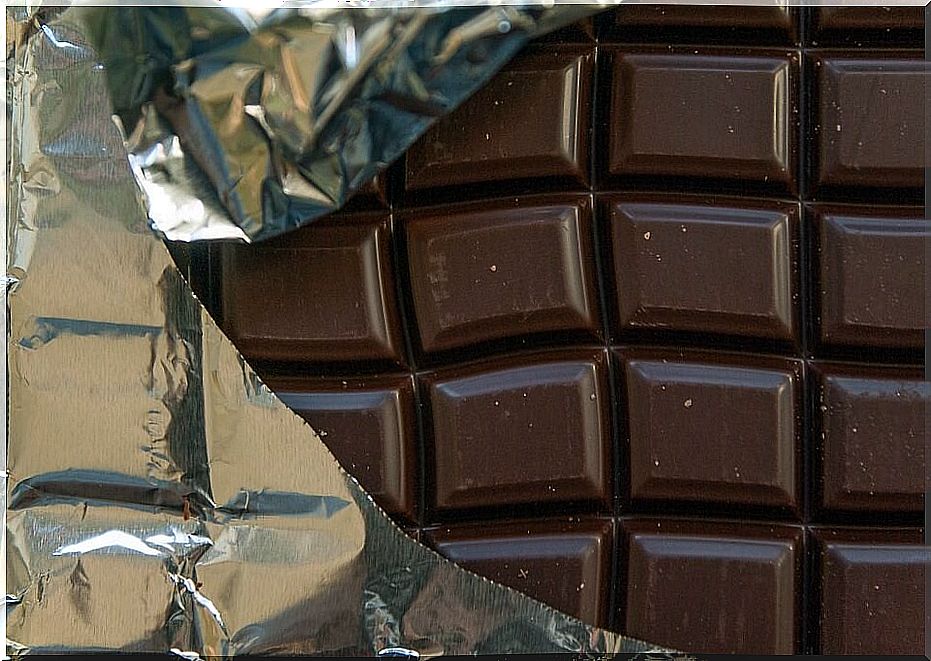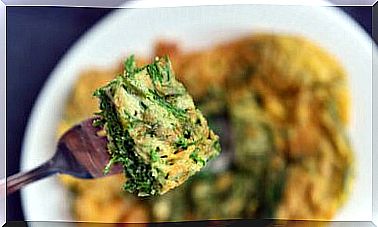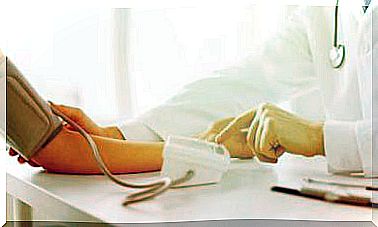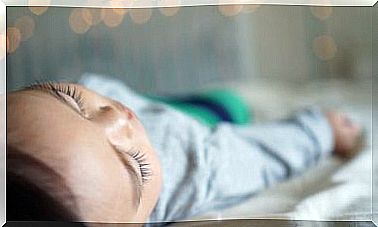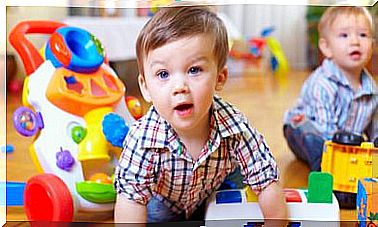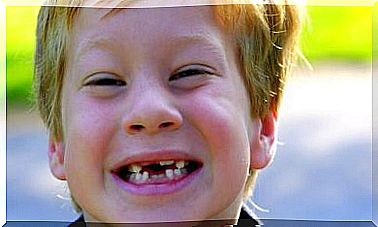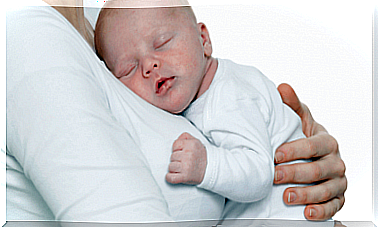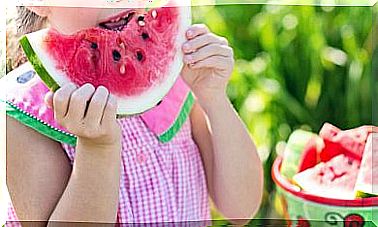Can Babies Eat Chocolate?
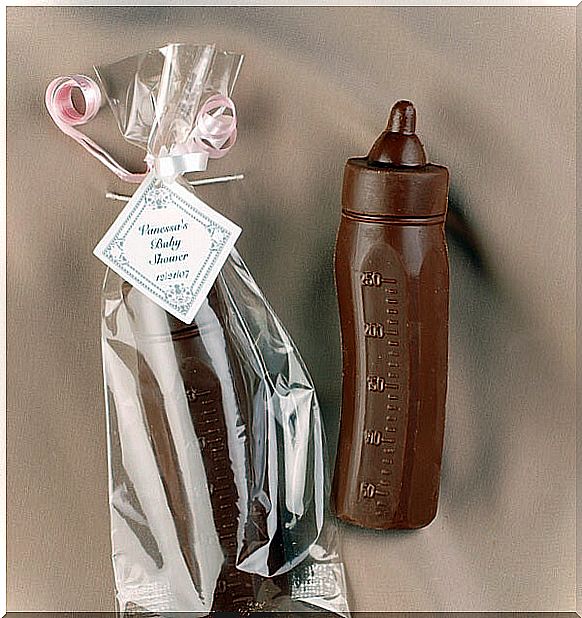
Yummy, yummy! Chocolate is the delusion of many. Par excellence, resisting it is very difficult for everyone, especially for children once they have tried it.
But can babies eat chocolate? Yes? Not? Let’s see next.
It often happens that many times we are eating delicious chocolate when suddenly, between bites, we look at our baby. Would it be okay to give it a little bit? He looks at me curiously. God, how good this! we think.
During the first months of life, you will most likely want to give your baby a taste of chocolate. The temptation can be great but it is not good to give in to it.
The most recommended thing is to wait until the baby is 12 or 14 months old to give him a taste of this new food.
The first thing you should do is inform your pediatrician about what your baby can eat, especially when it comes to sweets. Chocolate may be contraindicated for reasons greater than age: allergies, intolerances, etc.
Chocolate yes or no?
Although you seek to pamper your baby with a new and rich flavor, ingesting chocolate can create allergies or health complications at such a young age. We know that chocolate is irresistible, but in this case, passing by is winning.
In the first months of life, what is recommended for the baby is only breast milk, and as it grows, your pediatrician will be the one who will indicate what other foods you can incorporate into your child’s diet.
According to medical publications, it is recommended not to give chocolate to the baby until after 12 months of age. From this age and up to the age of five, it is not recommended to give them more than 50 grams a day.
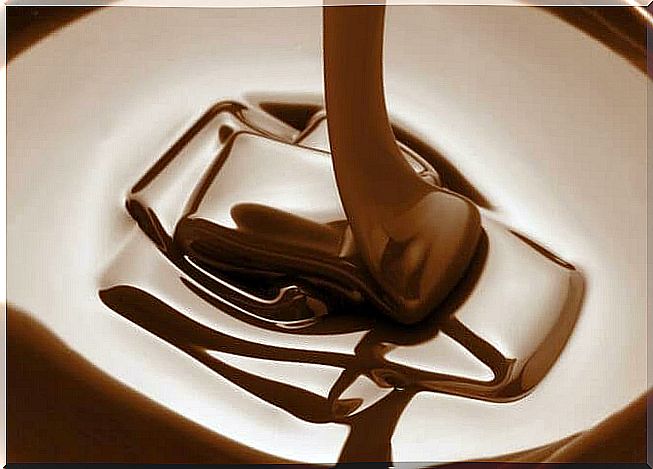
Why is it contraindicated?
The Breastfeeding Committee of the Spanish Association of Pediatrics (AEP) advises even mothers who are breastfeeding to avoid excessive consumption of chocolate, as well as coffee, tea and soft drinks. In any case, consume them just after breastfeeding, as it could reach the baby through milk and cause irritability or lack of sleep.
Basically, the development of allergies in babies originates as a product of the immaturity of their immune defense system. At this stage, the ingredients in chocolate are strong for your digestion, and it can cause allergies.
Less serious reactions can take several days to appear and can include diarrhea or constipation.
Look for options that do not contain a large number of ingredients that are estimated to be difficult to digest, such as milk, peanuts, wheat, gluten, soy, corn, or berries.
Among the most common symptoms are:
- Urticaria
- Wheezing
- Difficulty breathing
- Asthmatic symptoms
You may also notice:
- Runny nose
- Sneezing
- Red or watery eyes
- Swelling of the mouth or throat
- Threw up
- Diarrhea.
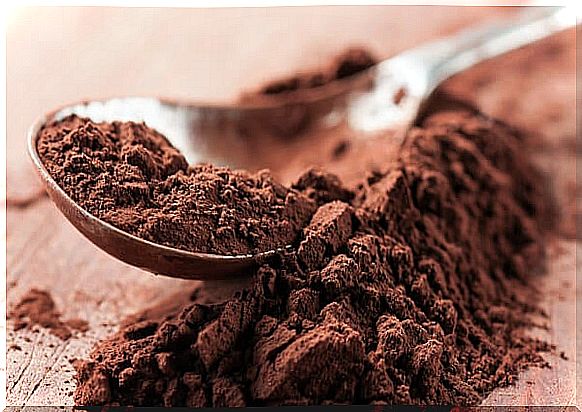
In general, dark chocolate varieties are the most recommended, because they are low in sugar. Therefore, dark chocolates are the safest for consumption.
The amount of consumption indicated for healthy children from 2 to 5 years is a maximum of 50 grams per day.
The first time your baby eats chocolate it is very important that you are aware of some possible symptoms that may indicate that he has an allergic reaction to any of its components. On the other hand, m Beyond chocolate allergies, it is important to avoid its intake in young children because it contains a high caffeine content.
Attention!
The recommended consumption of chocolate for children should be done in the middle of the morning or at a snack, since it is a very energetic and caloric food, which should not be mixed or added to a main meal.
Even these chocolates often contain more sugar and caffeine than cocoa, so it can cause your baby to interrupt or alter his sleep schedule. On the other hand, l Diabetic children should restrict their consumption.
